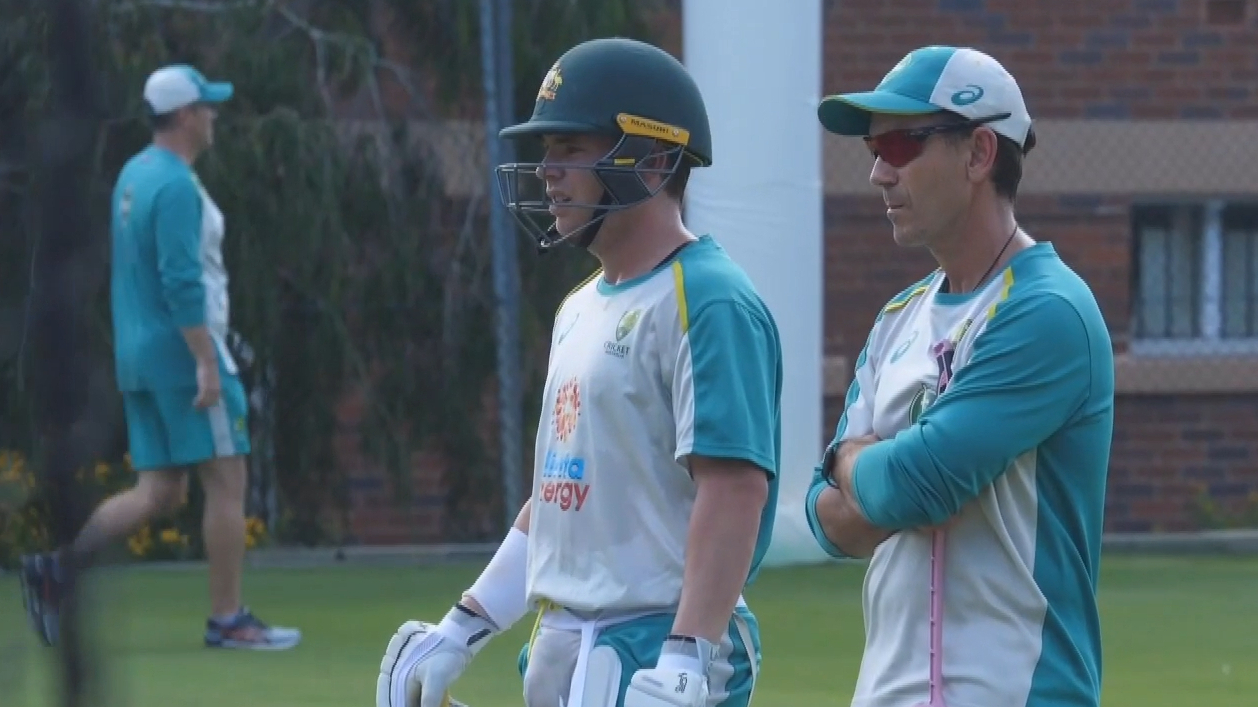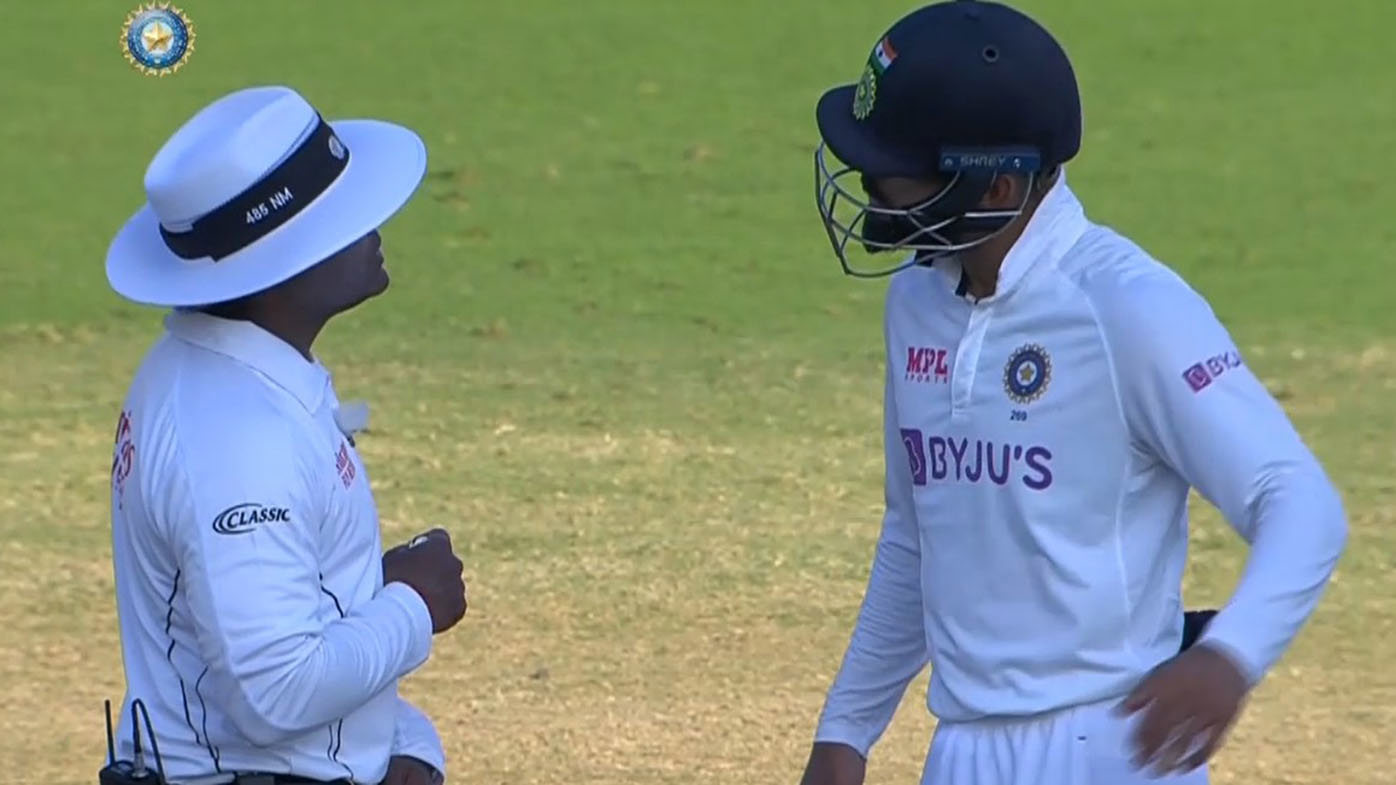The guardians of world cricket have said the 'umpire's call' ruling for LBW dismissals could be scrapped.

In the first meeting of the year for the Marylebone Cricket Club's world cricket committee, controversial DRS rulings were front and centre.
In a statement on the Lords' website, the committee noted that some members felt the 'umpire's call' aspect of DRS decisions was confusing to the watching public, arguing that viewers would find it simpler if the original decision was disregarded on review, and that there was a simple out or not out.
'Umpire's call' has been a controversial aspect of the system since DRS was introduced, but was thrust into the spotlight once again during India's recent Test against England, when the visiting skipper Joe Root was saved by the thinnest of margins.

The ball was clearly crashing into the stumps, according to ball tracking, but because just under 50 per cent of it was in line with the wicket when it struck Root's pad, the original decision was upheld, to the bemusement of Virat Kohli and the bewilderment of people watching around the world.
"Wow. I mean, I can understand why the Indian captain is remonstrating," former England player Nick Knight said on commentary.
"It appeared to me that Joe Root started to withdraw his leg or straighten his back leg and by the time it hit him, his pad, you could see the off-stump.
"I'm giving that out all day long. You see the way that the knee straightens there and by the time it hits him, you can see off stump. I'm flabbergasted.

The 'hitting zone' of the stumps would still be retained, where at least half the ball must be hitting the outside of the leg or off stump to be given out. The committee also said that the number of incorrect reviews allowed per innings could be dropped to one per team if 'umpire's call' was ditched.
"Other members were satisfied with the current system, feeling that it was important to retain the human element of the on-field umpire's decision, which takes into account the 'benefit of the doubt' that has existed in umpires' decisions for many years," the committee said.
The further use of host-country umpires in international cricket was recommended as well.
"It would not only save a lot of unnecessary travel and expense to the game, but it was also felt that it was a boost to host-country umpires to be able to officiate in their home country, and that the best umpires should be able to officiate anywhere in the world," the committee said.
The most likely outcome will be that one home-country umpire will be allowed in a match, with the other, the TV umpire and the match referee being neutral.
The committee also discussed the presence of short bowling in the modern game, and will conduct research and surveys later in the year before coming to a conclusion on how to treat bouncers moving forward.
"As guardian of the Laws of the game, it is MCC's duty to ensure that the Laws are applied in a safe manner, a viewpoint consistent across all sports," they said.
"With research into concussion in sport having increased significantly in recent years, it is appropriate that MCC continues to monitor the laws on short-pitched bowling, as it does with all other Laws."
The committee said that there were many factors to be considered when looking at the future of short bowling, including the balance between bat and ball; whether or not concussion should be recognised as a different injury to any other sustained; and if changes could be applied at junior level only.
"The committee discussed the Law and were unanimous that short-pitched bowling is a core part of the game, particularly at the elite level," they said.
For a daily dose of the best of the breaking news and exclusive content from Wide World of Sports, subscribe to our newsletter by clicking here!
from WWOS https://wwos.nine.com.au/cricket/controversial-drs-component-could-be-removed/7a7a6e4d-5d6c-4ae6-8796-ae7f22b4a9f4


0 Comments